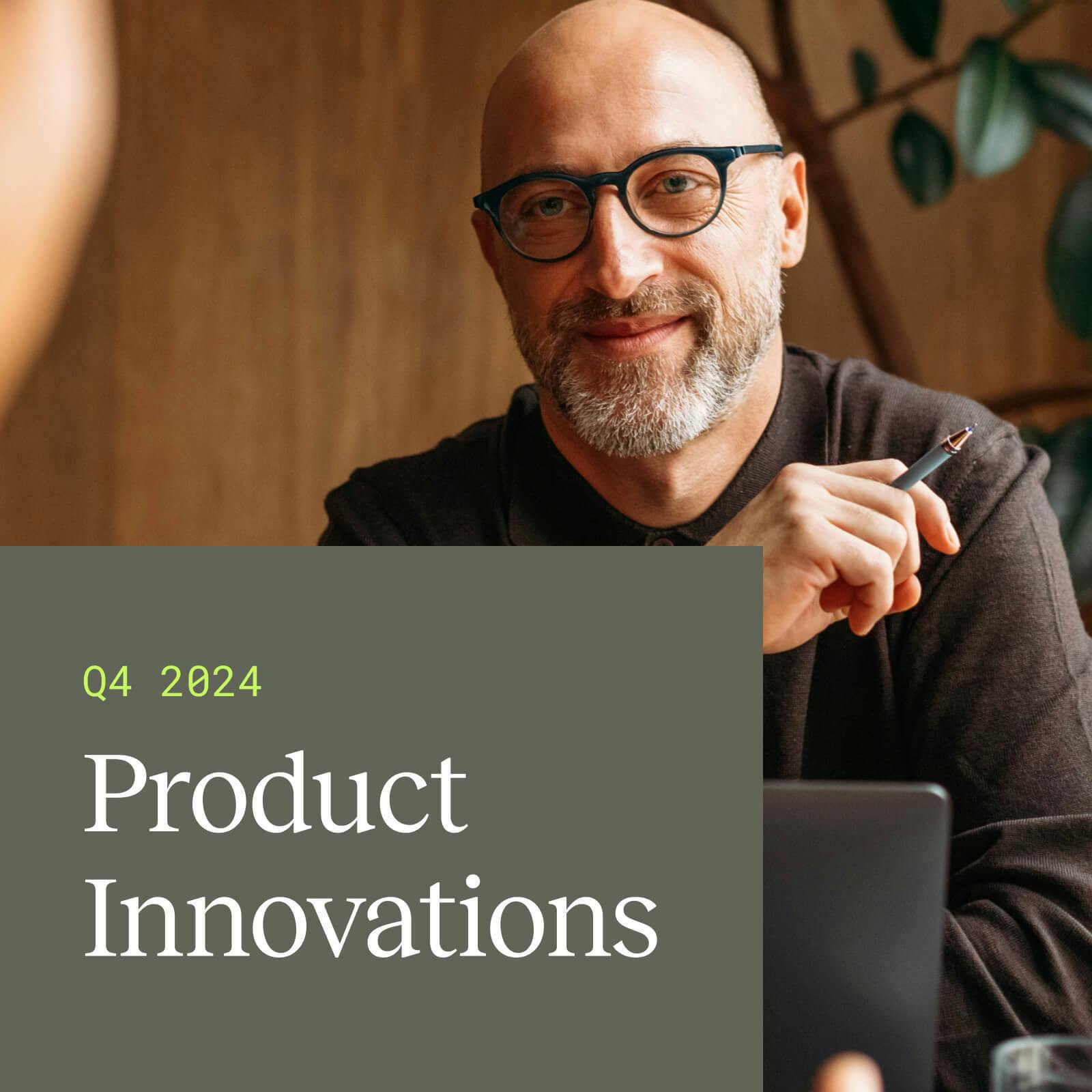How to embed trust in the customer journey
In a world where delivering an innovative customer experience is everything, a win at all costs mentality can lead to mistakes that destroy your brand forever.

As software development has evolved over the past few years, the need to build everything has been replaced by a new status quo. Along with partnering with best-in-class vendors, containerization and API middleware allow brands to dedicate their roadmap to what matters most, rather than building and owning every facet of the stack. Today, the most successful brands are built by leveraging readily available APIs and investing innovation cycles on optimizing the customer experience (CX). With this evolution—the emphasis on CX—the greatest risk that brands face is a violation of consumer trust.
Customer-centricity requires a foundation of trust
Late last week, reports surfaced that some mobile applications were leveraging certain analytics vendors that were using session capture and playback capabilities, without people’s consent or knowledge of the practice. Apple’s response to this was immediate, deliberate and the language used was unambiguous:
"We found your app is in egregious violation of the following guidelines…"
These vendors’ intent is to provide brands with the ability to debug any issue by recording everything that a user does in order to optimize the user experience. The main concern is that by recording an entire session, there may be extremely sensitive information displayed on the screen, such as: Personal health information, credit card or bank account info, etc. This is vastly different than instrumenting explicit data capture for a well-defined set of behaviors.
This highlights the new reality that brands face: In a world where delivering an innovative customer experience is everything, a win at all costs mentality can lead to mistakes that destroy your brand forever.
As I noted during AdExchanger’s Industry Preview 2019, we’re operating in a new reality where information security is now embedded at the front lines of marketing tech. In the past, a poorly executed strategy may have resulted in an inconsistent dialogue with the customer across channels and partners. Today, with state-sponsored hacking, social media manipulation, and data breaches of unprecedented scale, we are talking about an entirely new world. One of my predictions at IP 2019 was that within the next 24-36 months we will see an executive serve jail-time for either negligence or attempting to cover up a data breach.
It is critical, therefore, that companies focus on building trust between themselves and the consumer as the foundation for their brand and, ultimately, the customer experience. While there are many tactics a brand can leverage, choosing those strategies and the vendors that employ them, carefully and thoughtfully, is more important than ever — the consumer must be at the center. And as more customer data becomes prevalent across vendor systems, security and privacy have moved into the foreground as the currency for consumer trust. Without the trust of the consumer, all is lost. Potentially forever.
Committing to leading with consent
At mParticle, we are unapologetically committed to ensuring that our customers are successful. The core of this approach begins with a bespoke data strategy rooted in a couple key principles:
- Responsible data collection
- Leading with consent.
We don’t want our customers to collect everything, just everything that matters. We lead with consent because without consent, it becomes a one way conversation, at best.
Having said that, the team at mParticle works tirelessly to ensure that all of our customers are capturing any/all consents required by law, industry standards, and the policies of the operating system or app store manufacturers.
Our commitment from day one has been to help our customers increase the value of their brands. Given today’s realities, it is our belief that ensuring complete control and transparency throughout the entire pipeline is what will define the Customer Data Platform (CDP) space for the foreseeable future. It’s the reason we recently launched Data Master. Because in any breach of trust, the first thing to go — after the data — is reputation.
I’ll leave everyone with a question:
How can you deliver world class-customer experiences if nobody trusts your brand?



